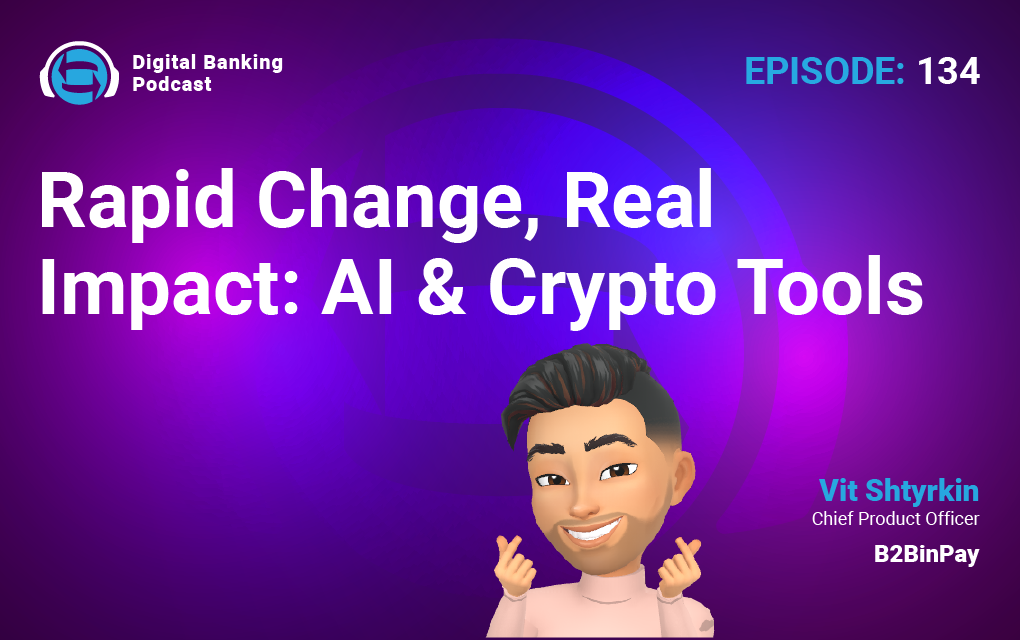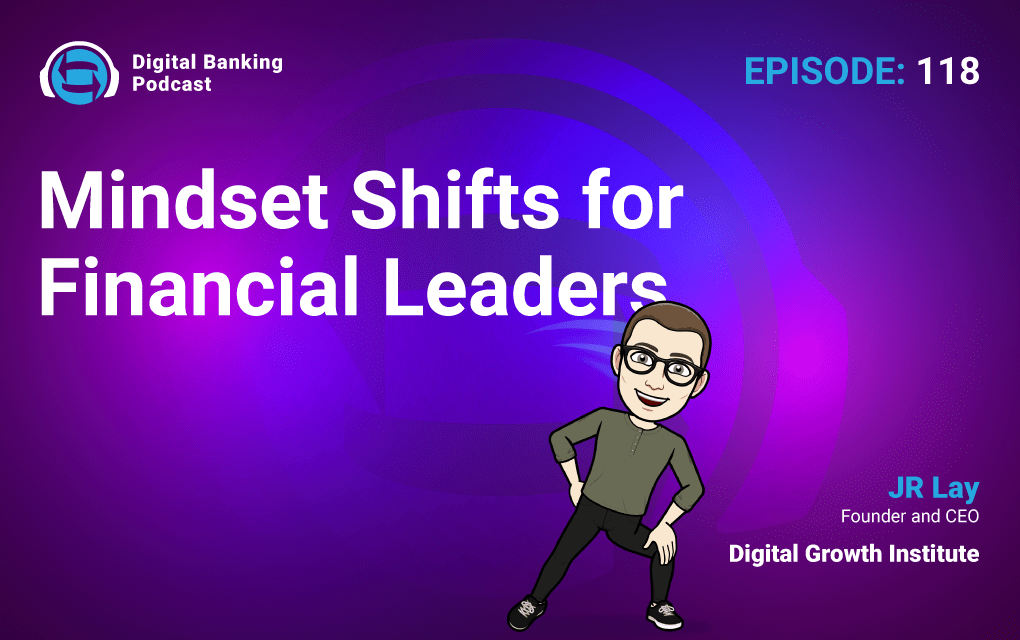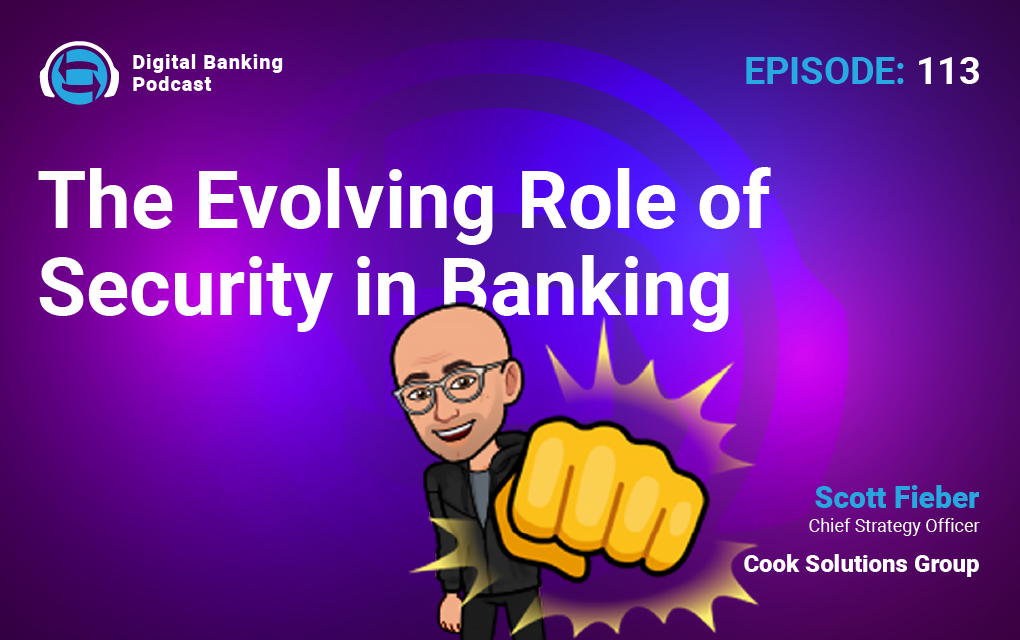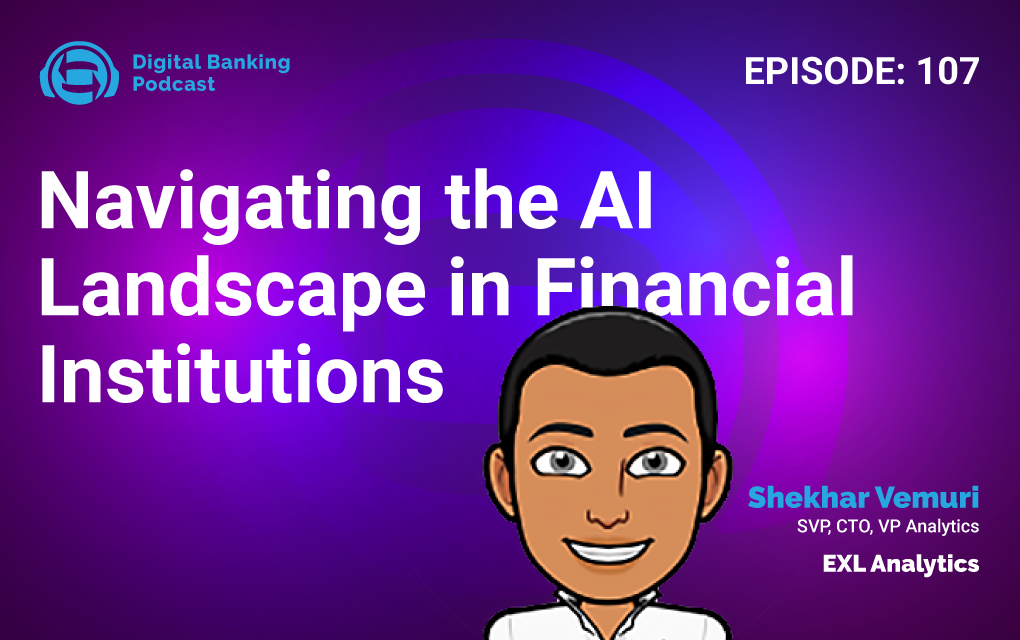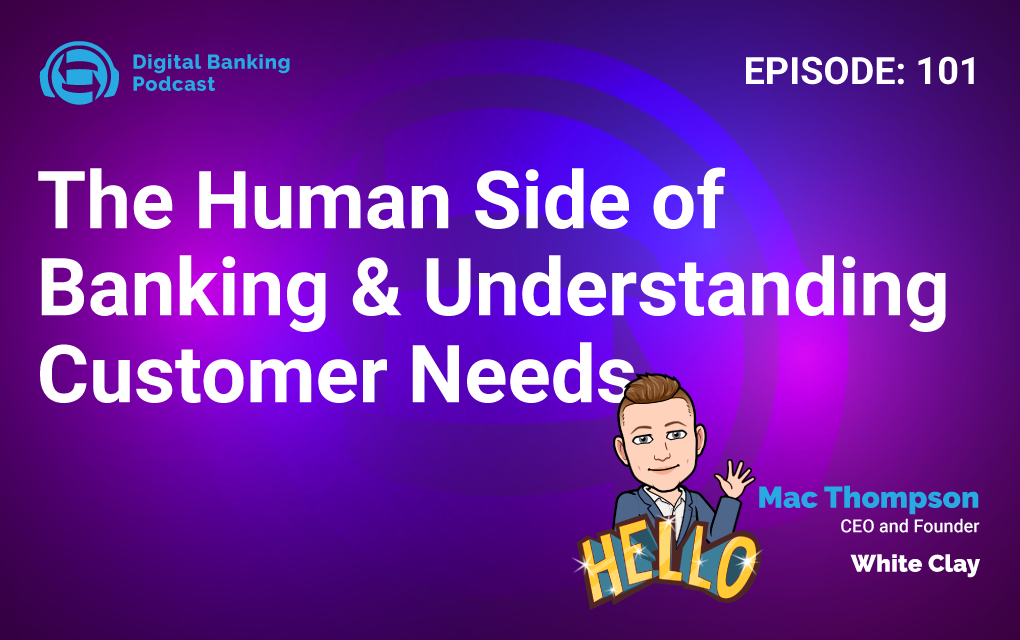Episode Summary
Opinions are like … well, you know the saying. And that’s all customer feedback is – opinions. Some feedback is downright transformative, other feed back not so much. However, because it comes from your customers, you must respond to all of it in some measure. The trick is determining the appropriate response for any given feedback. You can’t overreact, but you can’t underreact, either.
In this episode of the Digital Banking Podcast, host Josh DeTar welcomed Catherine Ordeman, Head of Banking Partnerships at fintech Mercury. They discussed the importance of customer feedback, how to identify your customers’ pain points, and why you need to differentiate relevant feedback from irrelevant feedback.
Key Insights
⚡ There are different ways to think of customer feedback.
Customer feedback is powerful information, but you need to learn how to turn feedback into action. “It’s really easy to chase your biggest customers and build a feature for someone who’s your largest customer or one of your top five largest customers, but it can sometimes lead you down a rabbit hole,” said Ordeman.”You have to think about what’s the long term vision of this product. Where does this go after we build a feature that they need, and does it actually fit with the larger vision of our company, or are we going to end up with some sort of legacy system that someone has to maintain that’s a huge pain and a huge lift just to keep one person happy?”
⚡ Understand your customers’ pain points.
When responding to customer feedback, make sure you fully understand the issue. “I start asking questions about what the pain point is. What are you really trying to solve for here? [Then I] get deeper into their issue,” said Ordeman. “Then I also try and understand the solution that they’re proposing because they may be saying [for example] we need foreign exchange, and why do you need that? Is it actually that you need to hold foreign currencies?”
⚡ Competition drives innovation.
“It’s cool to see different companies that may even start as competitors differentiate into niches based on their customer needs and listening to that feedback or finding some other way to solve a problem,” noted Ordeman. “I think our competition keeps us driving towards innovation, and that is unique to the fintech space … in that there is space for everyone if we are paying attention.”



